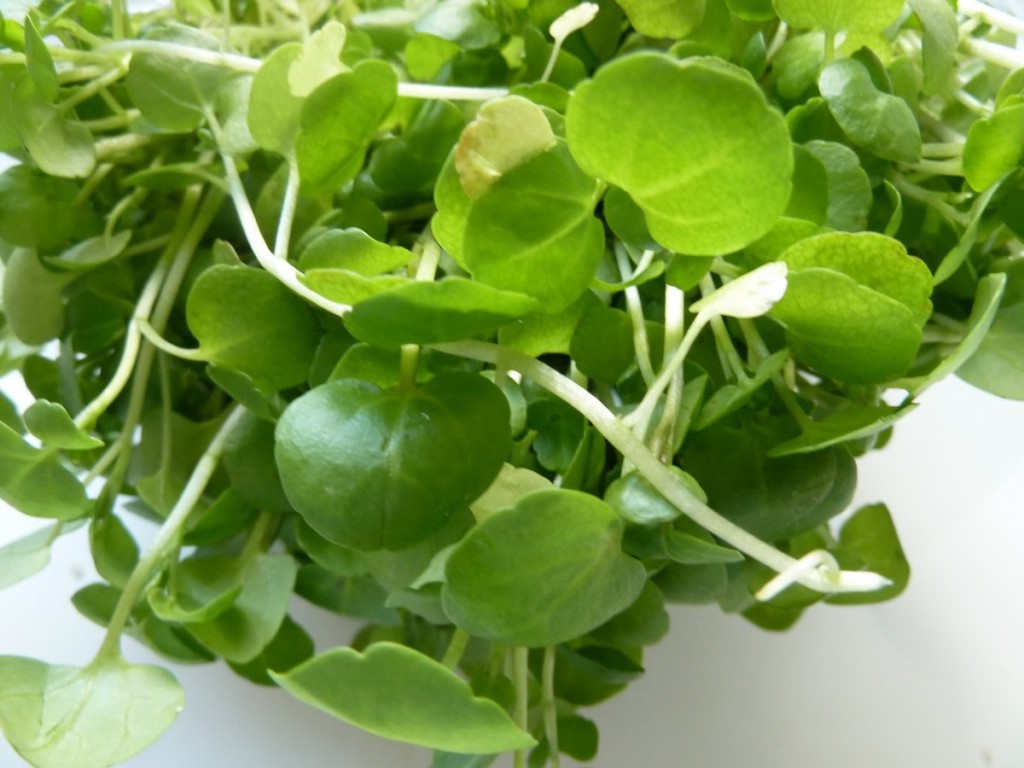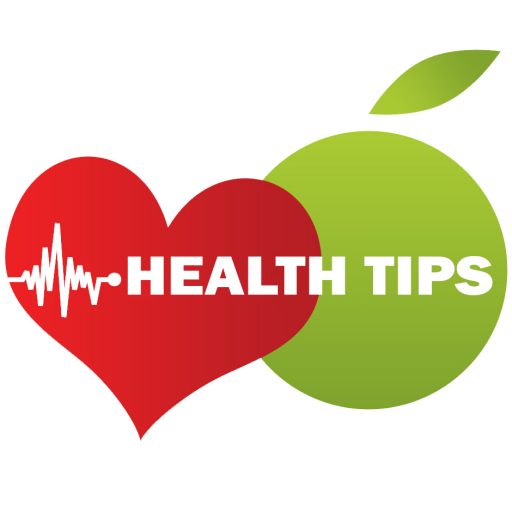17 Proven Health Benefits of Watercress

Proven Health Benefits of watercress that you need know. Moreover, the watercress contains properties beneficial for prevent and fight various diseases. Watercress (Nasturtium officinale) is a semi-aquatic plant native to Europe and Asia. It is currently a member of the family Brassicaceae, botanically related to cabbage, broccoli, cauliflower, turnip, rapeseed, mustard, radish, horseradish, cress, and wasabi.
Here are 17 health benefits of watercress.
1. Watercress can help improve bone health: One cup of watercress contains 85 micrograms or 106 percent of vitamin K. Vitamin K improves calcium absorption, reduces urinary excretion of calcium, and acts as a modifier of bone matrix proteins. Also, one cup of watercress contains 4 percent of your calcium needs.
2. Watercress can help individuals fight infections: One cup of watercress contains 24 percent of the vitamin C daily requirements per cup. Vitamin C is a potent natural water-soluble antioxidant that helps the body develop resistance against infectious agents.
3. Keeps Your Colon Free Of Toxins: A natural diuretic, it is a potential detoxification agent as well. It improves the dieresis, thus enabling the colon to be cleansed by pushing the toxins out from the entire body.
4. Watercress is great for the hair and skin: Adequate vitamin C intake can create and maintain collagen, an important protein found in hair and skin. Also, one cup of watercress contains 22 percent of recommended vitamin A. Vitamin A has been known to keep the hair moisturized through increased sebum production.
5. Watercress can help progress your heart’s health: Fiber, vitamin C, vitamin B6, and potassium have been known to improve your heart’s health. Watercress has significant potassium to sodium ratio. One cup of watercress contains 112 milligrams of potassium compared to 13.9 milligrams of sodium. The recommended 4,700 milligrams (mg) of potassium is not obtained by many individuals in the United States, according to the National Health and Nutrition Examination Survey, despite the benefits of increased potassium intake.
6. Innate Antiviral Properties: Watercress is known to possess powerful anti-viral properties. This enables it to be used as a natural way to deal with common cold, flu, cough, and even bronchitis. Studies suggest that the anti-viral and immune boosting properties of this veggie actually help in combating such viral infections.
7. Good For Your Teeth: Lack of calcium affects your teeth quite badly. Use calcium enriched watercress in your diet daily. And, you will be safeguarding your teeth from potential damages, including cavities and tooth decay.
8. Watercress can enhance blood pressure health: An increased potassium intake and decreased sodium intake has been linked to a lowered blood pressure and relaxed blood vessels.
9. Watercress may help fight against breast cancer: A 2010 study conducted by the University of Southampton found that consumption of watercress may inhibit the growth of breast cancer by ‘turning off’ a signal in the body and thereby starving the growing tumor of essential blood and oxygen.
10. Watercress contains a significant amount of omega-3 fatty acids: watercress is a significant source of omega-3 fatty acids primarily in the form of hexadecatrienoic acid at 45mg/100g. This can help the body fight cancer and inflammation.
11. Good For Your Eyes: watercress is loaded with Vitamin A. One bowl of this vegetable meets about 42% of the recommended daily value of this Vitamin A. This vitamin plays a major role in maintaining healthy eyes and preventing visual disorders, including cataract and macular degeneration.
12. Strengthens Immunity Power: Packed with Vitamin C, watercress stimulates and strengthen the Immunity system. A stronger immunity system is less susceptible to infections and grave autoimmune disorders.
13. Promotes Digestive Health: As mentioned above, watercress is also rich in fiber. Fiber is very important for the regularity of digestive health. Consumption of fibrous foods will ascertain that food intake breakdown is proper and that the nutrient absorption ability of the body is efficient. And fiber also keeps the digestive tract cleared so that the digestive movement is smooth. Fiber also helps in bulking up stool for regular and proper bowel movement.
14. Protects the Eyes: Watercress also has the ability to keep the eyes healthy and vision clear. Eye health and quality of vision has the tendency to deteriorate as ageing happens. The way to keep the eyes safe from age-related eye disorders is to consume watercress because it contains vitamins and nutrients that boost overall eye health. This vegetable has Vitamin C, Zinc, as well as antioxidants specifically lutein and zeaxanthin.
15. Good for the Hair: Studies proved that watercress has the ability to keep off hair problems such as hair loss, dandruff, and others more. This is because this vegetable is rich in Vitamin A, zinc, iron and sulfur. You can directly apply watercress extract to your scalp and hair to achieve a healthy, shiny, and attractive hair.
16. Treats Skin Disorders: Studies have shown that watercress also has the ability to treat and soothe skin disorders such as eczema, skin burn, and others more. Because this vegetable contains high levels of Vitamin C and Vitamin A, its consumption and application benefits the condition of the skin.
17. Good For Scalp Health: Watercress is a treasure trove of various minerals as well as vitamins. Plus, it is a powerful blood cleanser and purifier. Thus, including watercress in your diet will help in keeping your scalp healthy and clean.
